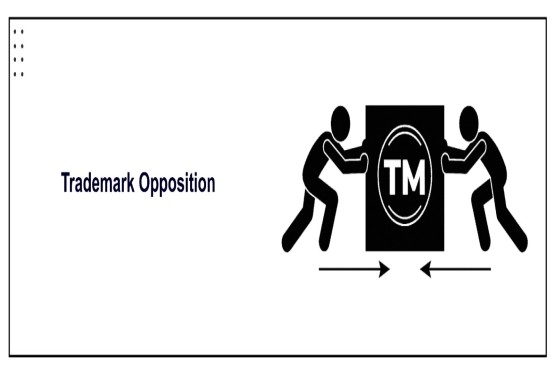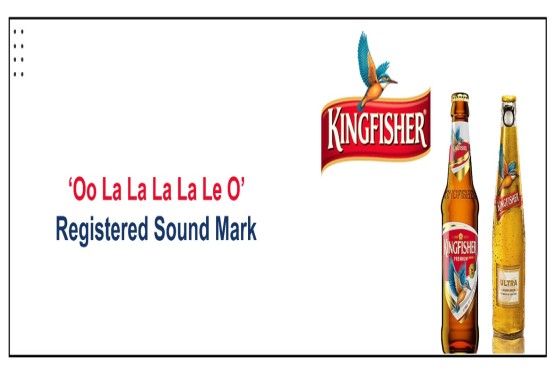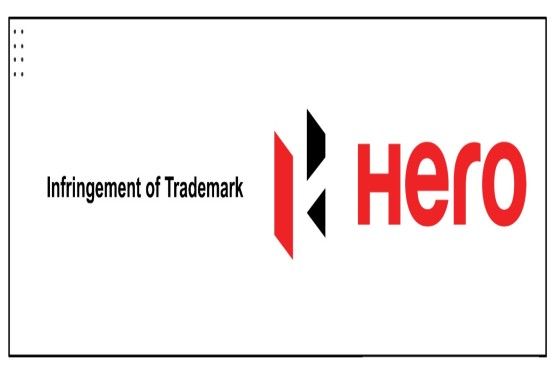The case between Crocs Inc. USA and Bata India Ltd. revolves around design infringement and passing- off rather than a traditional trademark dispute. Crocs alleged that Indian footwear companies copied the registered design of its signature foam clogs, particularly the distinctive shape and perforated upper, violating provisions under the Designs Act, 2000. Additionally, Crocs argued that over time, this design had acquired distinctiveness in the market, giving rise to trade dress rights under common law passing-off. This dual claim sought to protect not only the registered design but also the brand’s visual identity built through consumer recognition.
Background of the Dispute
Crocs Inc., a well-known American footwear brand, became globally recognized for its foam clogs with a distinctive rounded design and perforated upper. Seeking to protect the aesthetic elements of its products, Crocs registered the design in India under the Designs Act, 2000. Over time, the company observed that several Indian footwear manufacturers such as Bata India Ltd., Liberty Shoes Ltd., and Relaxo Footwear Ltd. were producing clogs with similar visual elements. Crocs alleged these imitations infringed on its registered design and diluted its brand identity by violating trade dress rights.
Believing that its visual design had become uniquely associated with its brand in the minds of consumers, Crocs initiated multiple legal proceedings. These suits were based on two primary legal grounds:
-
Design Infringement under statutory law, citing violations of their registered design.
-
Passing Off under common law, asserting that the defendants’ similar products caused confusion and misappropriated Crocs’ market goodwill.
Legal Issues Involved:
The central legal issues addressed in this case were:
-
Whether a registered design under the Designs Act, 2000 can also enjoy protection as a trade dress under common law.
-
Whether the claim of passing off survives even after the expiry or cancellation of a registered design.
-
The scope of judicial review of the Single Judge’s dismissal of Crocs’ claims as not maintainable.
Arguments by the Plaintiff (Croc Inc.)
Crocs Inc. argued that:
Design Infringement under the Designs Act, 2000
Crocs Inc. submitted that its iconic foam clog design is statutorily protected in India under Design Registration No. 197685. The company argued that the defendants’ products were fraudulent or obvious imitations of this registered design, contravening the exclusive rights granted to the proprietor of a registered design under Section 22 of the Designs Act, 2000. The visual elements of the clogs, particularly their shape, contours, and perforated surface, were claimed to be original, novel, and capable of distinguishing Crocs' products in the marketplace.
Acquisition of Distinctiveness and Secondary Meaning
Crocs asserted that, over prolonged commercial use and marketing efforts, the design had acquired distinctive character and secondary meaning. As a result, the public had come to associate the overall appearance of the clogs with Crocs as their source. Therefore, the company argued that the design had evolved into a recognizable trade dress, independently protectable under the common law tort of passing off, even if statutory protection had expired or was challenged.
Survival of Passing Off Remedy Beyond Statutory Term
Crocs further maintained that the time-bound protection granted under the Designs Act, while providing exclusive rights for a fixed term (10 years, extendable by 5 years), does not extinguish all forms of protection post-expiry. The plaintiff contended that the common law remedy of passing off, which is based on prior use, goodwill, and misrepresentation, is a distinct cause of action and survives beyond the expiration or invalidation of a design registration. Relying on precedent, Crocs emphasized that courts have recognized the coexistence of statutory and common law rights in the domain of product appearance and trade dress.
Likelihood of Confusion and Unfair Commercial Advantage
Finally, Crocs argued that the impugned products, by closely replicating the visual design and overall get-up of Crocs’ clogs, were likely to mislead or confuse the average consumer. This deception, the plaintiff claimed, enabled the defendants to ride upon Crocs’ established goodwill and market reputation, amounting to an unfair commercial advantage. Such conduct, Crocs argued, warranted injunctive relief and damages under both statutory design law and the tort of passing off.
-
Mohan Lal v. Sona Paint & Hardware (2013)?– A design registrant can bring a passing-off claim if the shape itself indicates origin and has acquired goodwill.
-
Carlsberg Breweries v. Som Distilleries (Full Bench, 2019)?– Passing-off can co-exist with infringement actions; trade dress includes overall product presentation
Arguments by the Defendants (Bata and Others)
The Indian defendants, including Bata India, countered Crocs’ claims with the following submissions:
-
Exclusive Statutory Remedy Argument: The defendants argued that once a product design is registered under the Designs Act, 2000, the sole and exclusive remedy for its protection lies within that statute. They contended that permitting a passing-off claim based on a registered design would defeat the purpose of the Act, which sets clear boundaries for protection and limits the term of enforceability.
-
Expiry or Invalidation of Registration: It was submitted that Crocs' design registration had either expired or had been invalidated, thereby nullifying any enforceable rights under the Designs Act. Without a valid registration, Crocs could not assert statutory design infringement, nor could it rely on a passing-off claim as a substitute for expired statutory protection.
-
Functional Design Defense: The defendants argued that the similarities in their footwear were functional, not merely aesthetic. They maintained that features such as the shape, perforations, and form served a utilitarian purpose (e.g., comfort, ventilation, weight reduction) and therefore fell outside the scope of protection under both design law and trade dress, which require non-functional, aesthetic distinctiveness.
-
Legislative Intent and Policy Grounds: Allowing Crocs to pursue a passing-off claim after its design registration lapsed, the defendants contended, would undermine the legislative framework. The Designs Act grants a limited monopoly of 10+5 years, and circumventing that limit through common law claims would violate the legislative intent of ensuring that product designs enter the public domain after a fixed period.
Relevant Legal Provisions and Laws Involved
Designs Act, 2000:
-
Section 2(d): Defines “design” as the features of shape, configuration, pattern, ornament or composition of lines or colours applied to any article.
-
Section 11: Grants design protection for 10 years, extendable by 5 years.
-
Section 22: Provides civil remedies against piracy of registered designs.
Common Law – Passing Off:
While not codified under a specific statute, passing off is a well-recognized remedy in Indian law, derived from English common law and enforced through courts based on the principles of goodwill, misrepresentation, and damage.
Court Ruling and Final Order (July 1, 2025)
The Division Bench of Justices Hari Shankar and Ajay Digpaul overturned the 2019 dismissal. The Delhi High Court, in its landmark order dated 1 July 2025, overturned the earlier decision of the Single Judge (2019) who had dismissed the passing-off claims as not maintainable.
Findings:
-
The court held that statutory rights under the Designs Act and common law rights under passing off can co-exist and are not mutually exclusive. The Court held that a registered design, by itself, cannot be considered a trademark. However, if the product includes additional features beyond those covered by the registered design and those features have been used in a manner that establishes them as a trademark and have acquired goodwill then only those distinct features may qualify for trademark protection. In cases where the alleged copying pertains solely to the registered design, the appropriate legal remedy lies exclusively under the Designs Act, through an infringement action.
-
It was clarified that even if the design registration expires or is invalidated, a company can still claim passing-off protection if the design has acquired secondary meaning in the minds of consumers.
-
The matter was restored for trial on merits, allowing Crocs to prove the distinctiveness of its trade dress and alleged consumer confusion.
Final Order:
-
The suits were reinstated.
-
The defendants were directed to maintain status quo till further orders.
-
The matter was remanded back to the Commercial Court for evidence, trial, and final adjudication on the passing-off claim.
Conclusion
The Crocs vs. Bata India & Others case underscores the evolving dynamics of design protection and trade dress enforcement in India. By allowing Crocs to pursue its passing-off claims, the Delhi High Court has affirmed that intellectual property protection extends beyond statutory registrations and recognizes the role of common law remedies in protecting brand identity.
The judgment also sets a precedent for foreign and domestic players alike, indicates that the Indian judiciary is inclined to balance statutory interpretation with principles of equity, especially in IP-heavy industries like fashion and footwear.
As the case proceeds to trial, its outcome will likely shape how courts interpret concurrent rights under the Designs Act and common law, and how businesses structure their IP enforcement strategies in India.






























_(b)_of_the_Trademark_Act,_1999_(1)_crop10_thumb.jpg)



_crop10_thumb.jpg)




























_crop10_thumb.jpg)
_crop10_thumb.jpg)






_crop10_thumb.jpg)








_crop10_thumb.jpg)



_crop10_thumb.jpg)





























_crop10_thumb.jpg)

















_crop10_thumb.jpg)






_crop10_thumb.jpg)












































































































































_crop10_thumb.jpg)




































_crop10_thumb.jpg)












_crop10_thumb.jpg)















































_crop10_thumb.jpg)













































































































